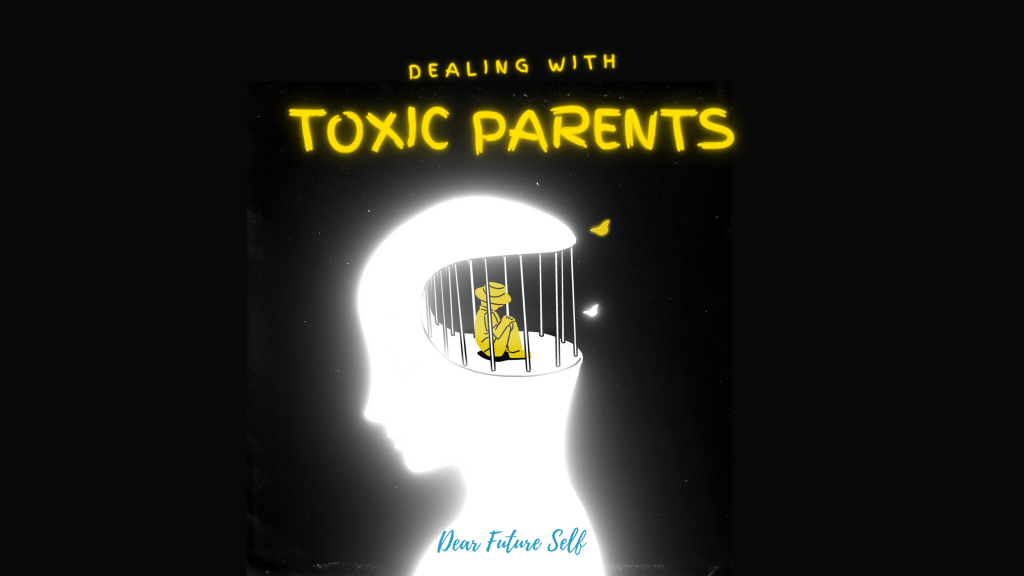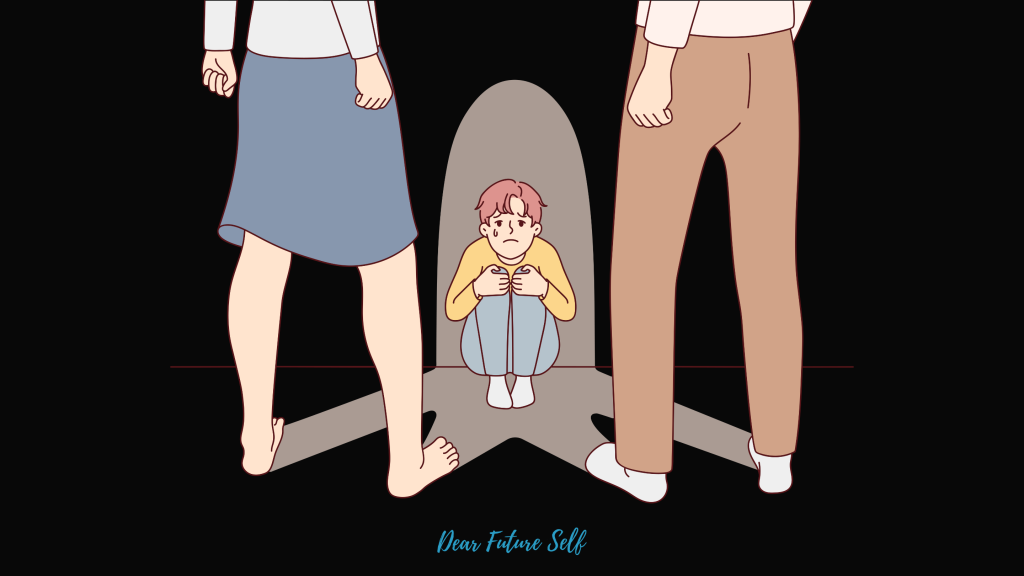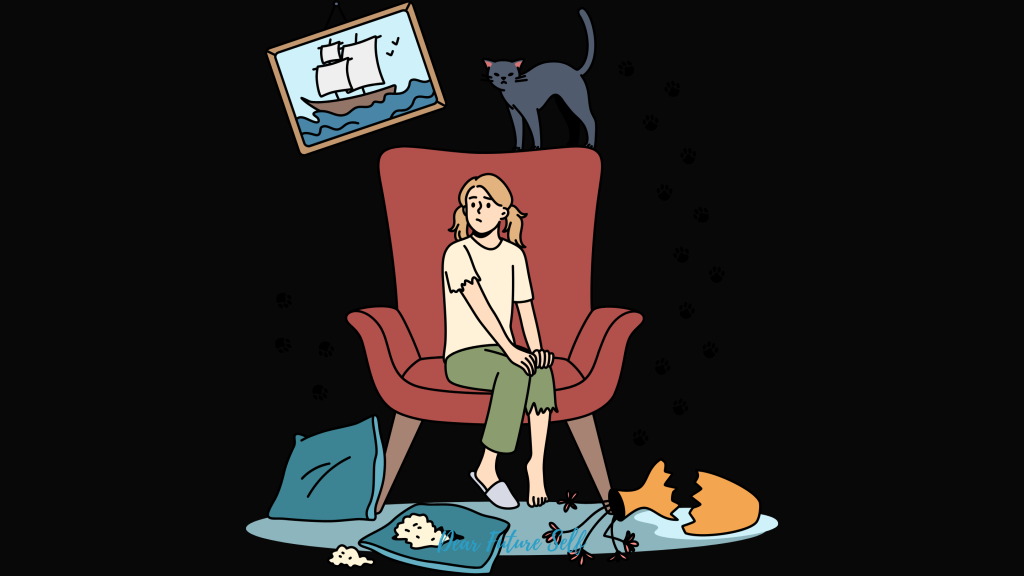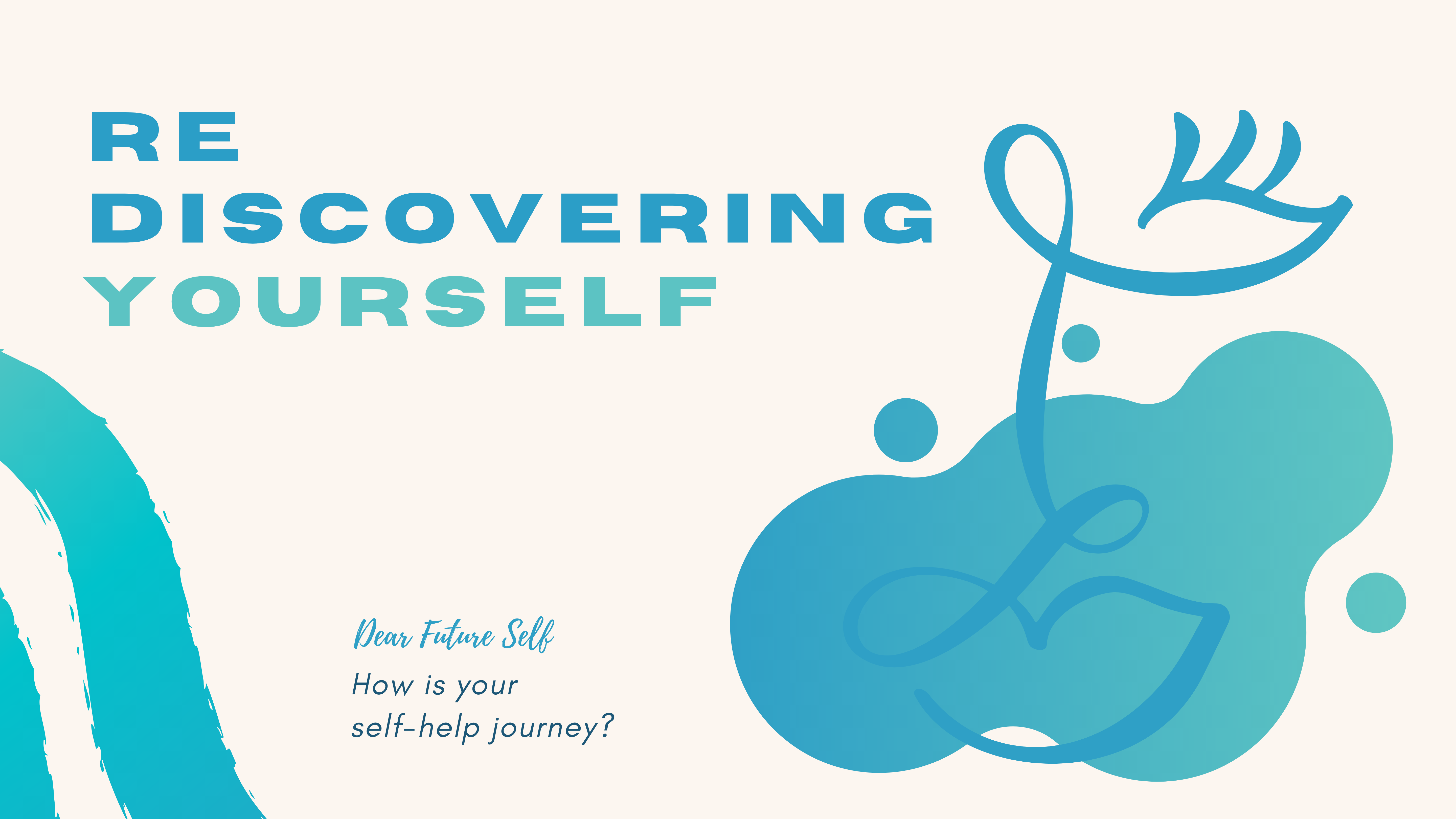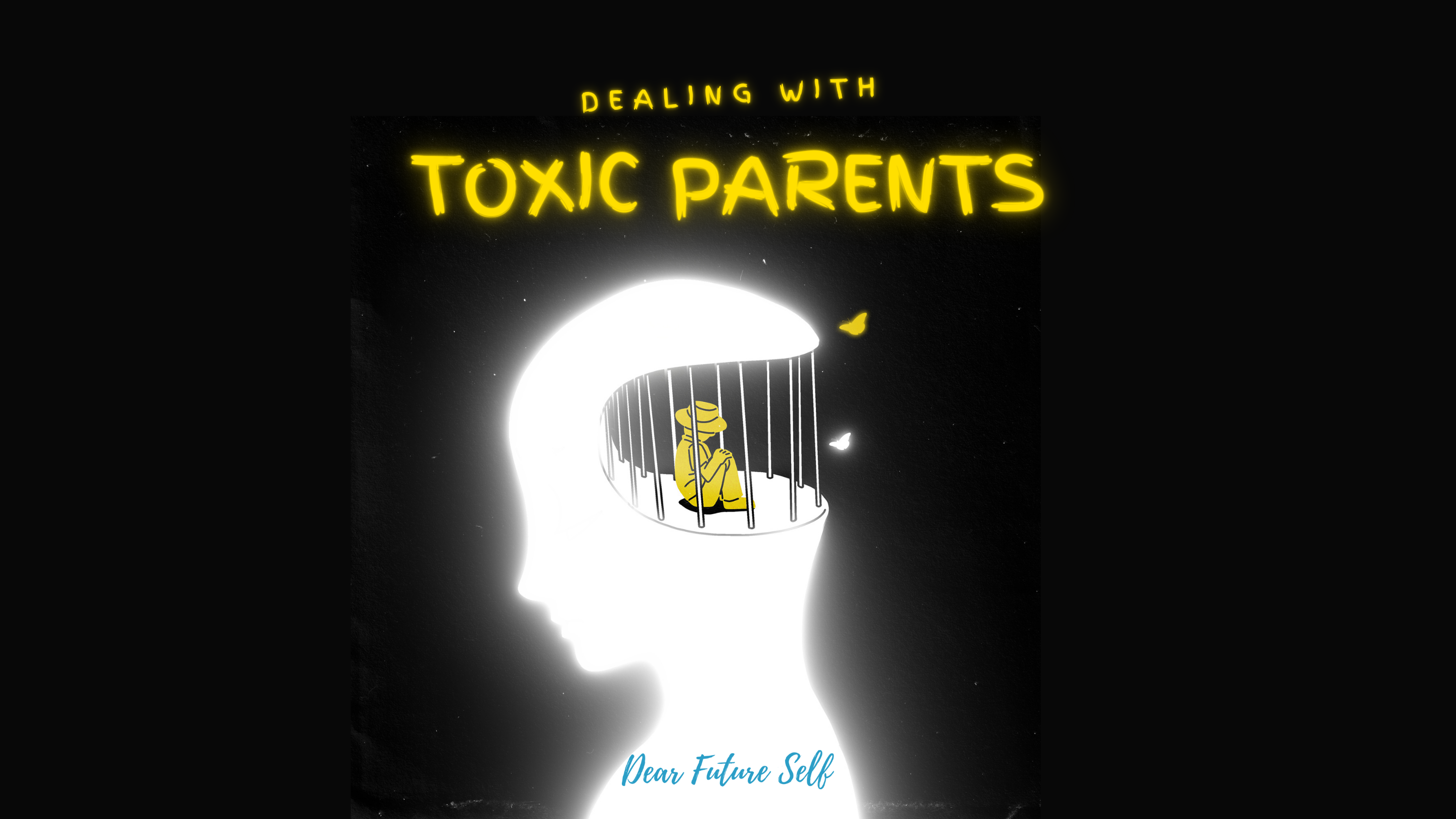
04 Nov Toxic Parents and Negative Home Environment
DID YOU HAVE A NEGATIVE & TOXIC HOME ENVIRONMENT?
It is a given that we will face difficulties in life, and that these difficulties will likely include living with toxic individuals. And it is more difficult to overcome these challenges in life if we have toxic parents or someone who is charged with being our parent or guardian.
“Toxic parents” is not used as a medical term nor does it describe a concept. When we say toxic parents, it usually defines a consistent behavior in ways that they cause guilt, fear, or obligation to their children, and because of these, a child could grow or form a negative behavior that could affect a child’s life or the process of he/she growing up.
To be able to deal with a toxic parent’s behavior, let us first look at the common characteristics of a toxic parent:
- Self-centered behaviors. Our parents may be emotionally unavailable, narcissistic, or perhaps uncaring; they don’t care about our needs and feelings.
- Physical and verbal abuse It is normal for a parent to discipline their children, but if it happens often, it will become an abuse such as hitting, yelling, threats, or even a verbal abuse such as name-calling, shifting of blame, silent treatment, or gaslighting.
- Controlling behaviors. Toxic parents seek control over us, and they may control us by invading our privacy or even controlling our decisions, or maybe they’re overly critical and controlling of our decisions, even as adults.
- Manipulative behaviors. Your parents may try to control us by using guilt or shame to play with our emotions, and they may even hold time, money, or other items just to get control of us.
- lack of boundaries. Toxic parents tend to push and push and push to get their way. As you tire of their tactics, you may simply give in to ideas or situations out of exhaustion or frustration.
There are also ways on how we deal with toxic parents so we can still manage our lives.
Get rid of guilt and stop pleasing them. We are not always required to follow our parents’ wants, and we should remember that their inability to love, accept, and value us isn’t our fault and has nothing to do with our shortcomings.
Don’t try to change them. It is normal to have an instinct to change our parents, but if we were to think realistically, it is a waste of energy and will leave you extremely frustrated, especially if the person you wanted to change doesn’t want to change. Instead, focus on how you can control your actions, your responses to your parents, your choices, and your behavior.
Boundaries are key. Creating boundaries helps us maintain our emotional and physical space with our parents. Boundaries are something we didn’t have as children, so it makes us feel uncomfortable to set them and start telling our parents how we want to be treated.
There is no need to explain. Toxic parents may be irrational and emotionally immature parents, so there is no reason to argue with them or even waste your energy just trying to show them your point of view, and if you feel that the argument is not very welcoming, try to disengage already in that situation.
Practice self-care and build up a support system. It’s very important to take the time and think about our childhood experiences with our parents and how they shaped us all throughout life. Sit with them and try to think about how they make us feel; it might be helpful for us to describe our feelings or even talk with a trusted family member or friend. Try to seek professional help if you think the process is overwhelming to you.
And if you do see certain behaviors coming out in your own parenting, try these tips from the experts at Brown University:
- Make a list of the things you want to change.
- Write next to each behavior the way you would like to behave or feel instead.
- Prioritize the list if you want, and then choose a behavior to start with.
- Practice your desired behavior in place of the one you want to change.
It may be difficult and painful for us to grow up with toxic parents, which is why it’s critical to learn how to control our emotions, recognize who we are, affirm that it’s not our fault that our parents are this way for us, and constantly remember to keep improving as a whole person. We don’t want to pass on our unresolved issues to our children because we will be parents ourselves (maybe in the future). We are here for you. Your ![]() is here for you.
is here for you.
References:
Marcin, A. (2020, July 16). Understanding and Dealing with Toxic Parents and Co-Parents. Retrieved from https://www.healthline.com/health/parenting/toxic-parents.
McQueen, J. (n.d.). How to Deal With Toxic Parents. Retrieved from https://www.webmd.com/sex-relationships/features/toxic-parents.
Martin, S. (n.d.). 10 Ways to Free Yourself from “Toxic” Parents. Retrieved from https://www.livewellwithsharonmartin.com/free-yourself-from-toxic-parents/.
BrownUniversity(n.d.).https://www.brown.edu/campus-life/support/counseling-and-psychological-services/dysfunctional-family-relationships. (n.d.). Retrieved from Dysfunctional Family Relationships.
Self-Help Corner
Seek Professional Help

Gift Certificates & Self-Care Package
Connect with Us


